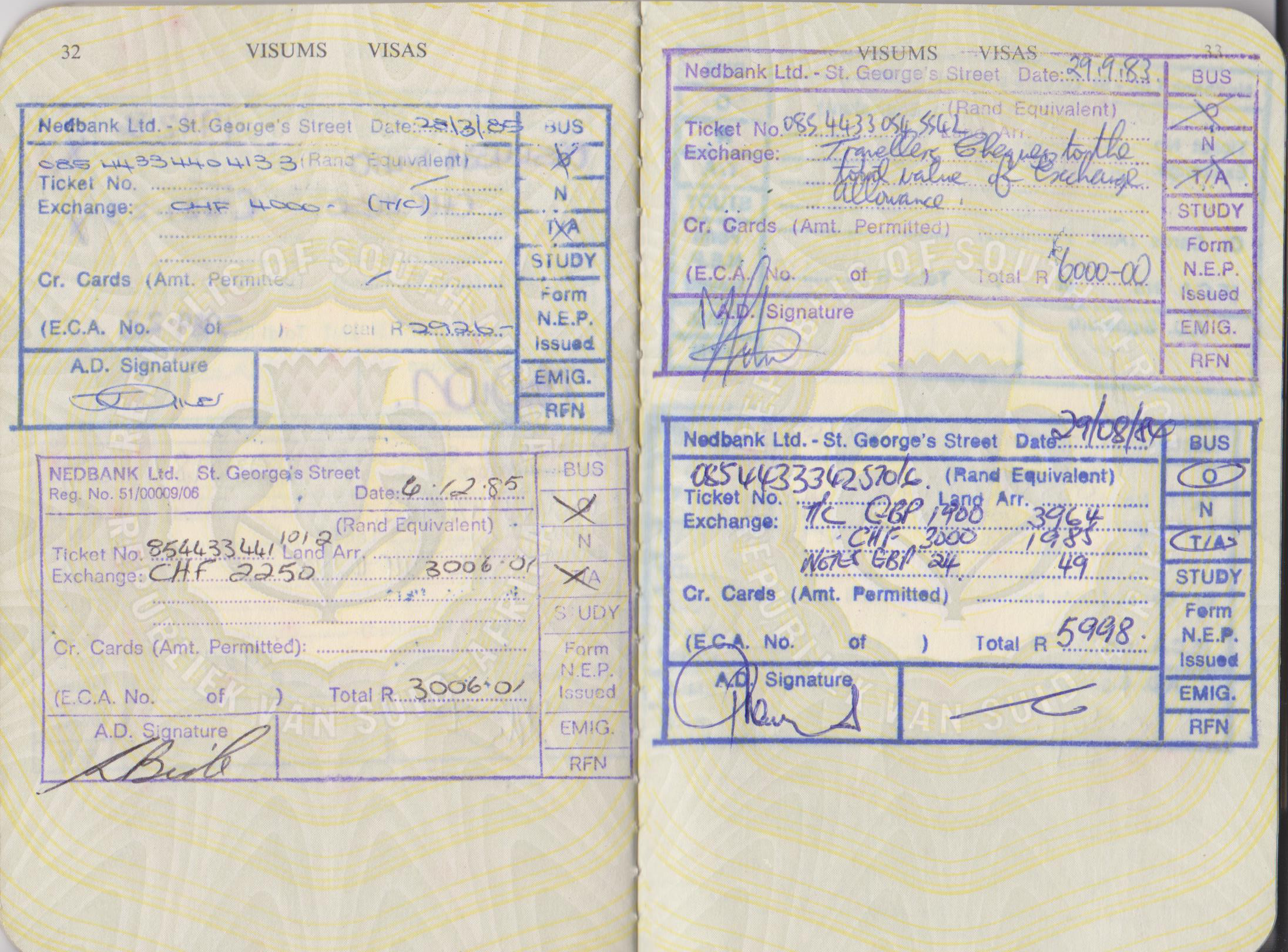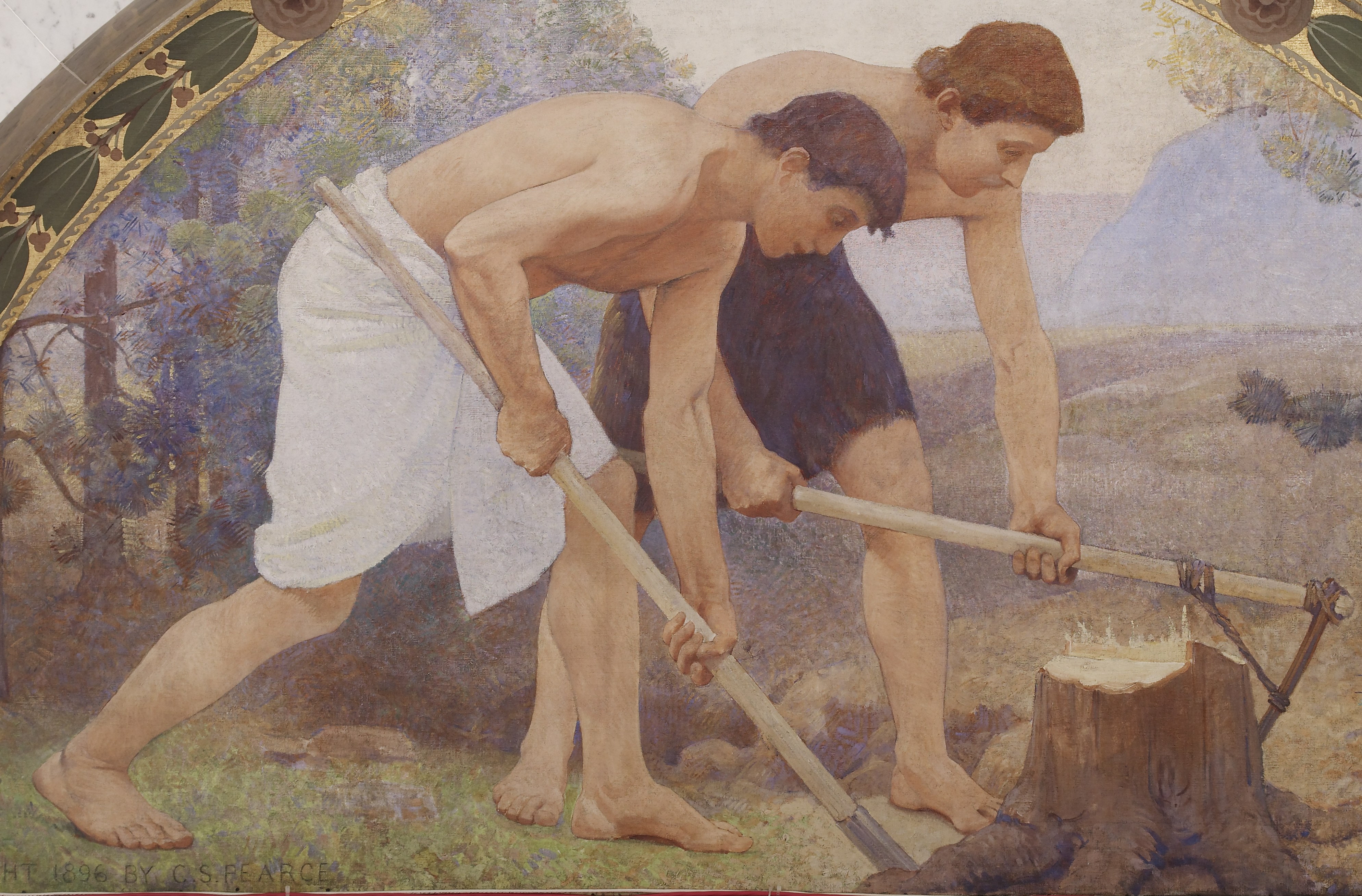|
National Economic Protectionism Association
The National Economic Protectionism Association (NEPA) is the oldest local non-government organization in the Philippines having been established in 1934. The non-government organization was established by Filipino industrialists with the intention of protecting domestic industries, owned by Filipinos, against dominion by foreign interests and competition. Through the years of its existence, it has gone through a number of leadership changes and policy tacks. During its heyday, its leaders held key positions in the government and were actively promoting Filipino industries. It has offices at Francesca Towers, along Epifanio de los Santos Avenue (EDSA) in Diliman, Quezon City. In the 21st century, NEPA is under revitalization with mass organizing and networking with other Filipino organizations. From local organizations of small and medium enterprises (SMEs) and Filipino industrialists to inventors societies and producers. From a network of nationalist government officials and e ... [...More Info...] [...Related Items...] OR: [Wikipedia] [Google] [Baidu] |
Non-governmental Organization
A non-governmental organization (NGO) or non-governmental organisation (see spelling differences) is an organization that generally is formed independent from government. They are typically nonprofit entities, and many of them are active in humanitarianism or the social sciences; they can also include clubs and associations that provide services to their members and others. Surveys indicate that NGOs have a high degree of public trust, which can make them a useful proxy for the concerns of society and stakeholders. However, NGOs can also be lobby groups for corporations, such as the World Economic Forum. NGOs are distinguished from international and intergovernmental organizations (''IOs'') in that the latter are more directly involved with sovereign states and their governments. The term as it is used today was first introduced in Article 71 of the newly-formed United Nations' Charter in 1945. While there is no fixed or formal definition for what NGOs are, they are genera ... [...More Info...] [...Related Items...] OR: [Wikipedia] [Google] [Baidu] |
Foreign Exchange Controls
Foreign exchange controls are various forms of controls imposed by a government on the purchase/sale of foreign currencies by residents, on the purchase/sale of local currency by nonresidents, or the transfers of any currency across national borders. These controls allow countries to better manage their economies by controlling the inflow and outflow of currency, which may otherwise create exchange rate volatility. Countries with weak and/or developing economies generally use foreign exchange controls to limit speculation against their currencies. They may also introduce capital controls, which limit foreign investment in the country. Rationale Common foreign exchange controls include: * banning the use of foreign currency within the country; * banning locals from possessing foreign currency; * restricting currency exchange to government-approved exchangers; * fixed exchange rates * restricting the amount of currency that may be imported or exported; Often, foreign exchange ... [...More Info...] [...Related Items...] OR: [Wikipedia] [Google] [Baidu] |
World Bank
The World Bank is an international financial institution that provides loans and grants to the governments of low- and middle-income countries for the purpose of pursuing capital projects. The World Bank is the collective name for the International Bank for Reconstruction and Development (IBRD) and International Development Association (IDA), two of five international organizations owned by the World Bank Group. It was established along with the International Monetary Fund at the 1944 Bretton Woods Conference. After a slow start, its first loan was to France in 1947. In the 1970s, it focused on loans to developing world countries, shifting away from that mission in the 1980s. For the last 30 years, it has included NGOs and environmental groups in its loan portfolio. Its loan strategy is influenced by the Sustainable Development Goals as well as environmental and social safeguards. , the World Bank is run by a president and 25 executive directors, as well as 29 various vice ... [...More Info...] [...Related Items...] OR: [Wikipedia] [Google] [Baidu] |
US Dollar
The United States dollar (symbol: $; code: USD; also abbreviated US$ or U.S. Dollar, to distinguish it from other dollar-denominated currencies; referred to as the dollar, U.S. dollar, American dollar, or colloquially buck) is the official currency of the United States and several other countries. The Coinage Act of 1792 introduced the U.S. dollar at par with the Spanish silver dollar, divided it into 100 cents, and authorized the minting of coins denominated in dollars and cents. U.S. banknotes are issued in the form of Federal Reserve Notes, popularly called greenbacks due to their predominantly green color. The monetary policy of the United States is conducted by the Federal Reserve System, which acts as the nation's central bank. The U.S. dollar was originally defined under a bimetallic standard of (0.7735 troy ounces) fine silver or, from 1837, fine gold, or $20.67 per troy ounce. The Gold Standard Act of 1900 linked the dollar solely to gold. From 1934, its equi ... [...More Info...] [...Related Items...] OR: [Wikipedia] [Google] [Baidu] |
Floating Exchange Rate
In macroeconomics and economic policy, a floating exchange rate (also known as a fluctuating or flexible exchange rate) is a type of exchange rate regime in which a currency's value is allowed to fluctuate in response to foreign exchange market events. A currency that uses a floating exchange rate is known as a ''floating currency'', in contrast to a ''fixed currency'', the value of which is instead specified in terms of material goods, another currency, or a set of currencies (the idea of the last being to reduce currency fluctuations). In the modern world, most of the world's currencies are floating, and include the most widely traded currencies: the United States dollar, the euro, the Swiss franc, the Indian rupee, the pound sterling, the Japanese yen, and the Australian dollar. However, even with floating currencies, central banks often participate in markets to attempt to influence the value of floating exchange rates. The Canadian dollar most closely resembles a pure f ... [...More Info...] [...Related Items...] OR: [Wikipedia] [Google] [Baidu] |
Multinational Corporation
A multinational company (MNC), also referred to as a multinational enterprise (MNE), a transnational enterprise (TNE), a transnational corporation (TNC), an international corporation or a stateless corporation with subtle but contrasting senses, is a corporate organization that owns and controls the production of goods or services in at least one country other than its home country. Control is considered an important aspect of an MNC, to distinguish it from international portfolio investment organizations, such as some international mutual funds that invest in corporations abroad simply to diversify financial risks. Black's Law Dictionary suggests that a company or group should be considered a multinational corporation "if it derives 25% or more of its revenue from out-of-home-country operations". Most of the largest and most influential companies of the modern age are publicly traded multinational corporations, including '' Forbes Global 2000'' companies. History Colonialism Th ... [...More Info...] [...Related Items...] OR: [Wikipedia] [Google] [Baidu] |
Export
An export in international trade is a good produced in one country that is sold into another country or a service provided in one country for a national or resident of another country. The seller of such goods or the service provider is an ''exporter''; the foreign buyer is an '' importer''. Services that figure in international trade include financial, accounting and other professional services, tourism, education as well as intellectual property rights. Exportation of goods often requires the involvement of customs authorities. Firms Many manufacturing firms begin their global expansion as exporters and only later switch to another mode for serving a foreign market. Barriers There are four main types of export barriers: motivational, informational, operational/resource-based, and knowledge. Trade barriers are laws, regulations, policy, or practices that protect domestically made products from foreign competition. While restrictive business practices sometimes hav ... [...More Info...] [...Related Items...] OR: [Wikipedia] [Google] [Baidu] |
Manual Labour
Manual labour (in Commonwealth English, manual labor in American English) or manual work is physical work done by humans, in contrast to labour by machines and working animals. It is most literally work done with the hands (the word ''manual'' coming from the Latin word for hand) and, by figurative extension, it is work done with any of the muscles and bones of the human body. For most of human prehistory and history, manual labour and its close cousin, animal labour, have been the primary ways that physical work has been accomplished. Mechanisation and automation, which reduce the need for human and animal labour in production, have existed for centuries, but it was only starting in the 18th and 19th centuries that they began to significantly expand and to change human culture. To be implemented, they require that sufficient technology exist and that its capital costs be justified by the amount of future wages that they will obviate. Semi-automation is an alternative to worke ... [...More Info...] [...Related Items...] OR: [Wikipedia] [Google] [Baidu] |
Open Economy
An open economy is a type of economy where not only domestic factors but also entities in other countries engage in trade of products (goods and services). Trade can take the form of managerial exchange, technology transfers, and all kinds of goods and services. Certain exceptions exist that cannot be exchanged; the railway services of a country, for example, cannot be traded with another country to avail the service. It contrasts with a closed economy in which international trade and finance cannot take place. The act of selling goods or services to a foreign country is called exporting. The act of buying goods or services from a foreign country is called importing. Exporting and importing are collectively called international trade. Advantages and Disadvantages There are a number of economic advantages for citizens of a country with an open economy. A primary advantage is that the citizen consumers have a much larger variety of goods and services from which to choose. Add ... [...More Info...] [...Related Items...] OR: [Wikipedia] [Google] [Baidu] |
Ferdinand E
Ferdinand is a Germanic name composed of the elements "protection", "peace" (PIE "to love, to make peace") or alternatively "journey, travel", Proto-Germanic , abstract noun from root "to fare, travel" (PIE , "to lead, pass over"), and "courage" or "ready, prepared" related to Old High German "to risk, venture." The name was adopted in Romance languages from its use in the Visigothic Kingdom. It is reconstructed as either Gothic language, Gothic or . It became popular in German-speaking Europe only from the 16th century, with House of Habsburg, Habsburg rule Habsburg Spain, over Spain. Variants of the name include , , , and in Spanish language, Spanish, in Catalan language, Catalan, and and in Portuguese language, Portuguese. The French language, French forms are , ''Fernand (other), Fernand'', and , and it is ''Ferdinando (other), Ferdinando'' and in Italian language, Italian. In Hungarian language, Hungarian both and are used equally. The Dut ... [...More Info...] [...Related Items...] OR: [Wikipedia] [Google] [Baidu] |
International Monetary Fund
The International Monetary Fund (IMF) is a major financial agency of the United Nations, and an international financial institution, headquartered in Washington, D.C., consisting of 190 countries. Its stated mission is "working to foster global monetary cooperation, secure financial stability, facilitate international trade, promote high employment and sustainable economic growth, and reduce poverty around the world." Formed in 1944, started on 27 December 1945, at the Bretton Woods Conference primarily by the ideas of Harry Dexter White and John Maynard Keynes, it came into formal existence in 1945 with 29 member countries and the goal of reconstructing the international monetary system. It now plays a central role in the management of balance of payments difficulties and international financial crises. Countries contribute funds to a pool through a quota system from which countries experiencing balance of payments problems can borrow money. , the fund had XDR 477 billion (a ... [...More Info...] [...Related Items...] OR: [Wikipedia] [Google] [Baidu] |






